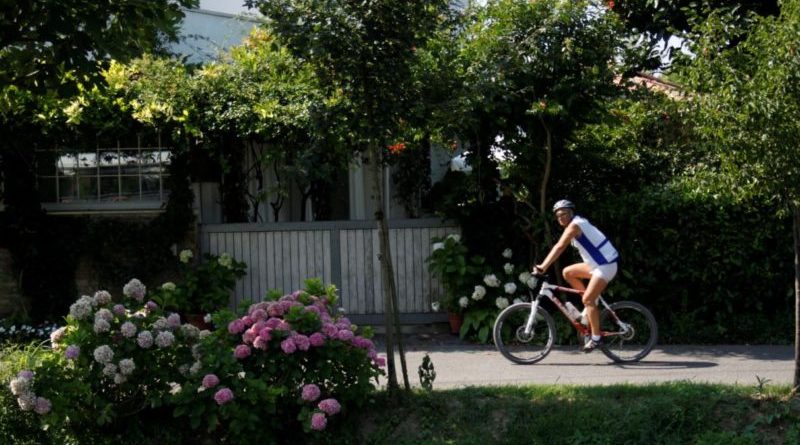Bicycle sales in Germany decline again, e-Bikes add 12% growth
Fresh data from the German market illustrates a further decline in bicycle sales year-on-year, despite comparably improved weather conditions.
Sales were expected to have grown in the first half of 2017 over the prior year as warmer and drier weather made for inviting conditions. However, industry association ZIV outlines that between January and June 2017 about 2.64 million bicycles and e-bikes were sold. This is a decline of 2.2% and one that is improved by the electric bike segment’s performance.
Pedal-assisted bike sales are believed to have grown in the first half of 2017, tallying 540,000 sales to the trade, with annual forecasts expecting around 680,000 bikes to be shipped to dealers, a figure that would represent a 12% growth.
ZIV attribute most of these units to the city and trekking segments, but make special mention of progress made by manufacturers in developing efficient electric cargo bikes, something that is having a notable impact in the was commercial businesses in Germany manage their logistics.
According to the figures of the Federal Statistical Office, imports of bicycles and e-bikes to Germany have fallen by around 1.2%. The proportion of e-bikes in imports in the period from January to June was 21% (previous year: 19%).
On the other hand, exports of bicycles and e-bikes posted a slight increase. Between January and June the export volume rose slightly by 2.3%. The E-Bike share of exports was 25% against the previous year’s 21%.
Domestic production of all types of bicycle also reduced by 2.7% down to 1.44 million units produced between January to June. ZIV attribute this decline in production to an increasingly saturated market, with over 80% of households now owning at least one bicycle. The purchase of electric bikes is further said to be cannibalising the purchase rates of new bicycles.
ZIV concludes its half year summary stating: “The population is getting older. Even though the trend towards fewer and fewer children per capita appears to be halted, the decline in birth rates has been noticeable in recent decades.
“The German bicycle industry nevertheless looks confidently into the future. Bicycle and e-bikes offer a flexible, ecological and, above all, important form of the individual everyday mobility for the next decades. Politicians have long recognized this by all factions and are increasingly promoting cycling. Only recently, the federal budget budget has been increased to € 200 million per year.
“However, with a view to the forthcoming Bundestag election, it is desirable that bicycle traffic should become even more important and the promotion should be expanded. It is only when cycling is granted the right to political action on the part of politicians that it deserves due to its importance for sustainable mobility.”



